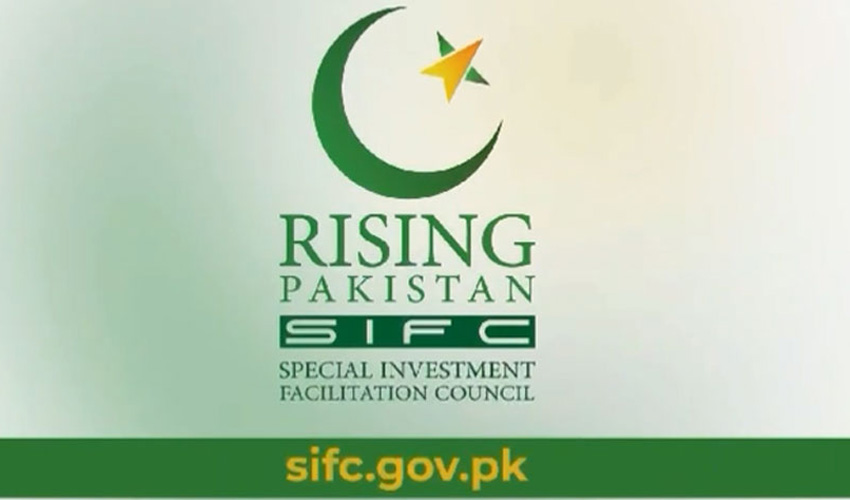With a formidable target of Rs9.4 trillion in annual revenue on the horizon, the caretaker government is leaving "no stone unturned" in its quest to achieve this ambitious fiscal goal.
In a high-level meeting, Finance Minister Dr Shamshad Akhtar probed officials for a robust strategy to bridge the revenue gap and ensure the realization of this critical annual target.
The meeting, which lasted for several hours, sought to address the challenge of maintaining revenue targets set under the International Monetary Fund (IMF) program.
Government officials and the Federal Board of Revenue (FBR) have identified five major areas to plug revenue leakages amounting to Rs1 trillion.
These areas include a crackdown on smuggling, addressing withholding tax issues, combatting tax evasion in the tobacco sector, busting sales tax frauds, and curbing smuggling of dollars and commodities through Afghanistan and Iran.
Withholding taxes
One significant area of focus is withholding taxes. It has been observed that withholding taxes collected by withholding agents have not always been deposited into the government's tax coffers.
Effective monitoring of withholding taxes is estimated to increase tax revenues by approximately Rs150 to Rs200 billion in the current fiscal year.
Tobacco tax evasion
Tax evasion in the tobacco sector is another concern. The Track and Trace System is being implemented in prominent tobacco companies, but it is not fully operational.
Some local brands continue to sell their products at prices below the minimum tax per pack, leading to substantial tax evasion.
The FBR aims to recover an additional Rs50 billion from tobacco tax evasion through enforcement measures.
Sales tax frauds
The FBR's Intelligence and Investigation (I&I) IRS has uncovered a significant case of fake invoicing in Karachi with links to other parts of Punjab.
This fraud has raised concerns about the potential for tax leakages, and efforts are underway to address these issues.
Curbing smuggling
Transit trade with Afghanistan has reportedly led to smuggling of $2 to $3 billion worth of goods, and significant smuggling activities also occur through Iran's borders.
The government is keen on plugging these loopholes to increase tax revenues.
Valuation of imports
Proper valuation of goods imported from other countries has been identified as another area with significant potential to boost tax collection. Pakistan has sought transaction-wise data from China to better gauge the undervaluation of imported goods, which could substantially increase tax revenues.
As the government strives to fine-tune these proposals, the focus remains on bridging the expected revenue gap to meet the annual tax collection target of Rs1,000 billion during the current fiscal year.
This development comes in the context of the government's commitment to maintaining revenue targets set under the IMF program, ensuring financial stability, and meeting fiscal responsibilities.
Challenges in realising revenue targets
Despite historic peaks in nominal growth, especially in Consumer Price Index (CPI) and Sensitive Price Index (SPI)-based inflation, concerns have arisen as to why these positive economic indicators have not translated into a significant boost in tax revenues.
The government, however, has been cautious about implementing additional revenue measures to compensate for the economic slowdown.


























